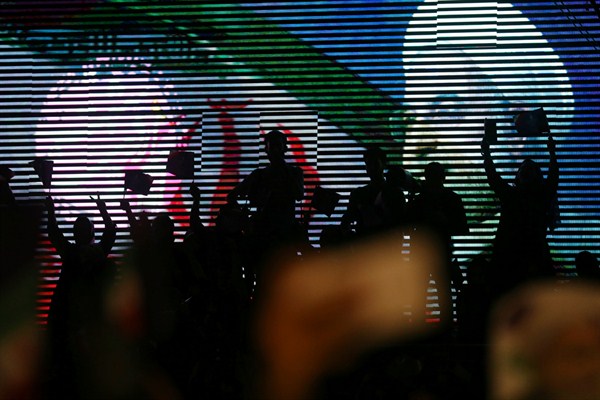While most of the Middle East is imploding from civil wars, terrorism, despotism and sectarianism, Iran will hold its 12th presidential election next week, on May 19. Despite the absence of palpable public enthusiasm, the election will have a profound impact on the fate of the landmark 2015 nuclear agreement between Iran and seven global powers; on Iran’s relations with the United States; and on the ailing Iranian economy. Looming large on the horizon, too, is the sensitive issue of who could succeed the 78-year-old supreme leader, Ayatollah Ali Khamenei, whose health is rumored to be poor, since the president can play a significant role in the succession process.
Four years ago, a solid majority of Iranians enthusiastically supported President Hassan Rouhani’s agenda to resolve Iran’s nuclear impasse and improve the economy. Much of that initial exuberance has now dissipated, opening an opportunity for two main conservative challengers, Mohammad Baqer Ghalibaf and Ebrahim Raisi. Using populist rhetoric, they accuse Rouhani of overselling the nuclear deal and failing to pressure the West to meet its obligations to lift all international sanctions. U.S. President Donald Trump’s repeated declaration that the nuclear agreement was the “worst deal ever negotiated” has emboldened the hard-liners, putting Rouhani in a difficult position.
Ultimately, the election is about two opposing paradigms. One, from Rouhani, calls for the reintegration of Iran into the world economy, a foreign policy based mostly on Iran’s national interests, and less intrusion by the state into people’s life. The other, from his opponents, embraces economic self-sufficiency, a values-based foreign policy, and strict implementation of Islamic laws at home.

